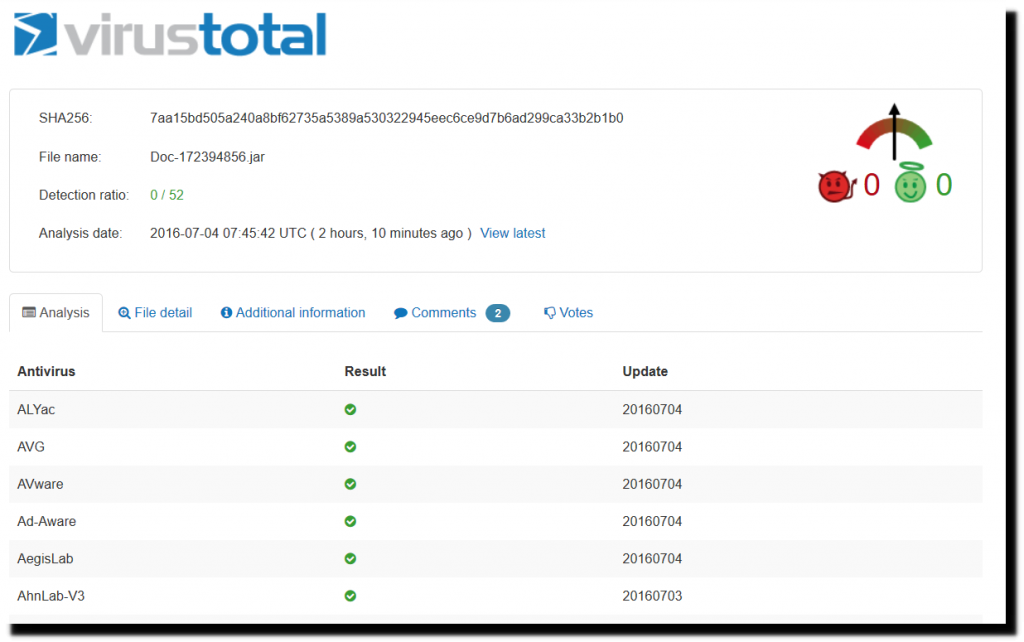Beware; Adwind RAT infecting Windows, OS X, Linux and Android Devices
THE JAVA-BASED CROSS-PLATFORM ADWIND RAT NOT ONLY STEALS DATA BUT ALSO TURNS THE INFECTED DEVICE INTO A BOTNET!
Cyber criminals always develop malware filled with unbelievable features but hardly ever you will find something that targets different operating systems simultaneously. Now, researchers have discovered a malware based on Java infecting companies in Denmark but it’s only a matter of time before it will probably hit other countries.
Dubbed Adwind RAT (Remote access tool), the malware was first detected and taken down in 2015 before it could infect millions of users around the world, however, it’s back with full power as currently, no anti-virus software could detect. If your device is infected with this malware, your security software is rendered useless against it (at least for now).

In a blog post, Andra Zaharia of Heimdal Security revealed that cybercriminals are sending malicious emails to organizations in the English language attached with Doc-172394856.jar file which open executions providing a backdoor access to attackers. The researchers have warned not to download or click any files coming with a Java archive .jar extension.
[adsense size='1']
The targeted devices include Windows, OS X, Linux and Android which upon infection turn them into a botnet, that’s not all, Adwind also steals data from the device. Previously, Omni RAT was found targeting Mac, Linux, Windows PC and Android phones.
In 2016, researchers have identified several cases in which Javascript malware was used to infect users; i.e Comment tagging malware on Facebook dropping malware on Chrome users, Qarallax RAT or QRAT on Skype and even the famous SNAP vulnerability in Android devices was also triggered through javascript malware.
There’s much more on Heimdal Security website including additional technical details.
To protect your devices from such malicious software don’t download files from unknown emails, don’t download files from untrusted websites.








Gloss